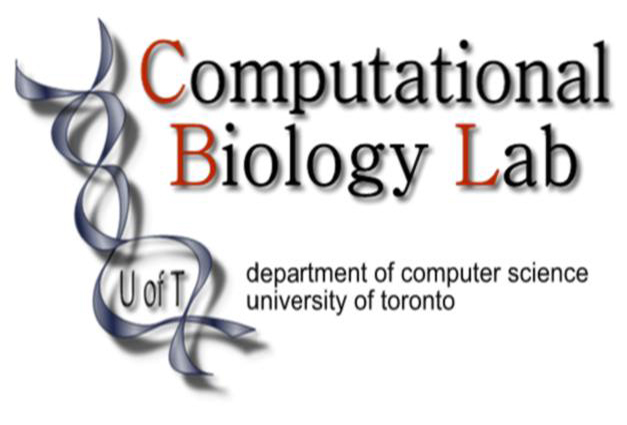So I am looking for a straight forward smith waterman program which hasnt been "enhanced" and just accepts fasta files and compares to find common parts. The reason for not wanted enhanced versions is that we want to compare a few different aligners and need the smith waterman program to use as the gold standard and enhancements may use heuristics and therefore skip a few alignments which will reduce the reliability in the program. Does anyone know of a program like this? One which provides e-values / bitscores would be perfect.
Seqanswers Leaderboard Ad
Collapse
Announcement
Collapse
No announcement yet.
X
-
-
How big is the reference genome you're using and how much RAM do you have? This actually becomes the limiting factor for any implementation.
One old school program that can do this is "swat" from the phred/phrap package, which I believe also produces E values.
-
If you can do protein-protein searches then you may want to try SSearch from FASTA suite: http://fasta.bioch.virginia.edu/fast...sta_down.shtml
Comment
-
Recently I was facing a similar question. I needed to find the best alignment between query and reference, both small (100s bp) and not very many (~1000s), no euristics, no filtering, just give me the best match. I ended up writing a simple program in Java which is here https://github.com/dariober/SequenceMatcher. The alignment part is delegated to BioJava.Originally posted by thh32 View PostSo I am looking for a straight forward smith waterman program which hasnt been "enhanced" and just accepts fasta files and compares to find common parts.
I'm not sure it suites you though since in the most permissive mode it finds the best match between each query and each reference sequence. if one query aligns to one reference sequence in multiple locations equally well, you will get only one of them.
Comment
-
My solution is a bit more work perhaps, but how about pulling one of the versions of Smith-Waterman from SHRiMP? It has a basic Vector S-W with basic scoring that it uses to filter for a more detail Scalar S-W down the line. The Vector version could be what you're looking for, if I'm reading the request correctly.
As for the extra work, we used this program as a framework for testing our hardware Smith-Waterman implementation and it was fairly easy to use due to the nice, clean code. It should be possible for you to pull out the bits you need in the same manner.
I'm not sure what the update rate of the codebase is like now, but I've been in contact with one of the original developers who was very nice about helping out with our questions.
Comment
Latest Articles
Collapse
-
by seqadmin
The field of epigenetics has traditionally concentrated more on DNA and how changes like methylation and phosphorylation of histones impact gene expression and regulation. However, our increased understanding of RNA modifications and their importance in cellular processes has led to a rise in epitranscriptomics research. “Epitranscriptomics brings together the concepts of epigenetics and gene expression,” explained Adrien Leger, PhD, Principal Research Scientist...-
Channel: Articles
04-22-2024, 07:01 AM -
-
by seqadmin
Proteins are often described as the workhorses of the cell, and identifying their sequences is key to understanding their role in biological processes and disease. Currently, the most common technique used to determine protein sequences is mass spectrometry. While still a valuable tool, mass spectrometry faces several limitations and requires a highly experienced scientist familiar with the equipment to operate it. Additionally, other proteomic methods, like affinity assays, are constrained...-
Channel: Articles
04-04-2024, 04:25 PM -
ad_right_rmr
Collapse
News
Collapse
| Topics | Statistics | Last Post | ||
|---|---|---|---|---|
|
Started by seqadmin, Today, 08:47 AM
|
0 responses
12 views
0 likes
|
Last Post
by seqadmin
Today, 08:47 AM
|
||
|
Started by seqadmin, 04-11-2024, 12:08 PM
|
0 responses
60 views
0 likes
|
Last Post
by seqadmin
04-11-2024, 12:08 PM
|
||
|
Started by seqadmin, 04-10-2024, 10:19 PM
|
0 responses
59 views
0 likes
|
Last Post
by seqadmin
04-10-2024, 10:19 PM
|
||
|
Started by seqadmin, 04-10-2024, 09:21 AM
|
0 responses
54 views
0 likes
|
Last Post
by seqadmin
04-10-2024, 09:21 AM
|

Comment